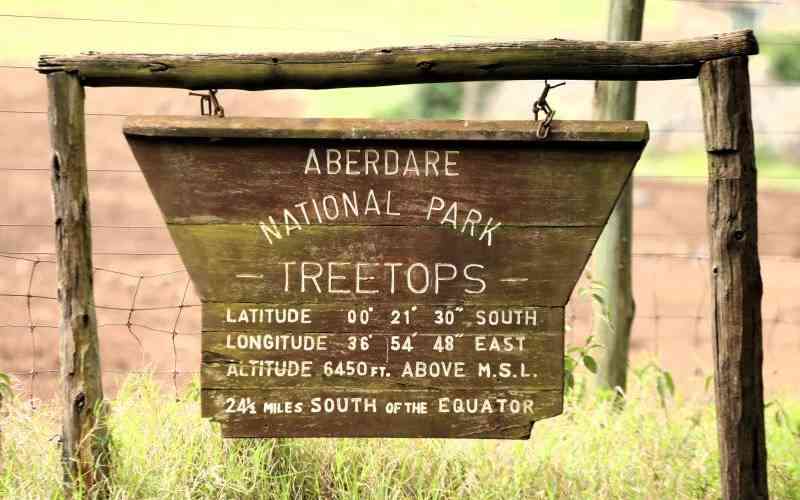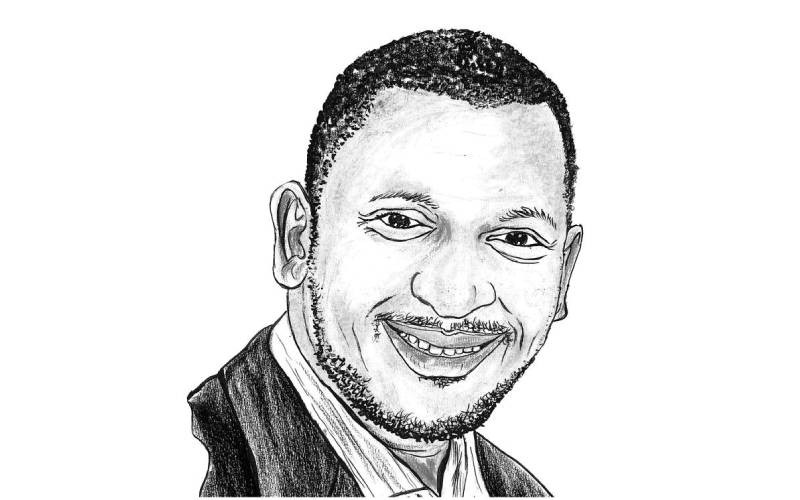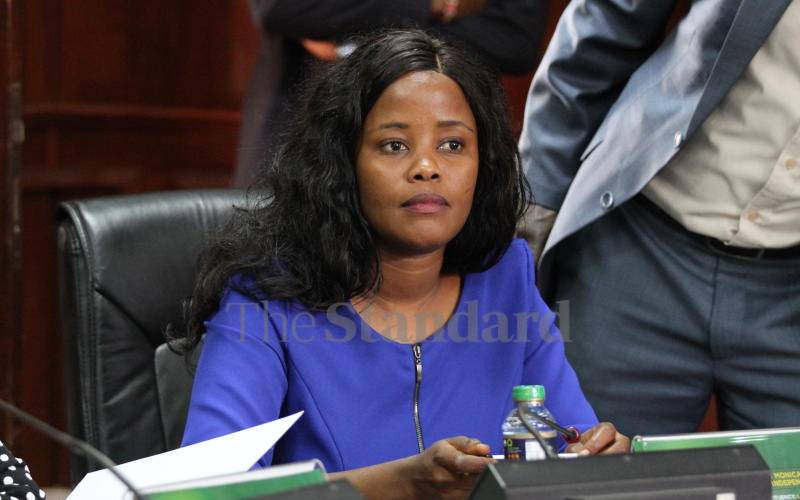By Public Watchdog
History will harshly judge those behind rekindling of tribal machinations, in the name of the now infamous Gema and Kamatusa associations.
Recent events surrounding the two — Gema (representing Gikuyu, Embu, Meru Association) and Kamatusa (loosely representing the Kalenjin, Maasai, Turkana and Samburu) — is now the subject of raging national debate.
But amidst a growing national restlessness against rekindling of tribalism by political actors — whose purpose is to achieve nothing other than political power, with tribe or tribal grouping being at the centre of the political market — lies hope of a real generation free of tribalism.
Today, Public Watchdog begins with a sad reflection of how the post-Independence generation has relentlessly undermined the dreams of our forefathers.
Uhuru generation
What? Dreams that were the reason for the pre-independence struggle, the reason why our forefathers sacrificed their lives in what they had hoped to sow fruits that the coming generation would enjoy.
Our forefathers had yearned for a better and prosperous Kenya — a Kenya where individual rights are respected; a Kenya free of tribalism; where leaders would use their positions of power and authority for the benefit of all Kenyans and to make and built a better Kenya, of a unified and nationalistic people.
Why, then, has the dream of our forefathers become elusive and where is the glimmer of hope?
First, it must be stated that underneath this elusive dream rests a new real Kenyan generation that offers a twinkle of hope away from the so-called Uhuru generation.
True, the Uhuru generation had hope of becoming one that would have made a difference, but they seem to choose the path of becoming the hopelessness generation.
They choose to become a generation more concerned with tribe as long as tribe serves them well in preserving or acquiring political power and/ or economic wealth.
The twinkles of hope, however, are some of the emerging sons and daughters of Kenya who have nothing to do with tribalism and who see Kenya as Kenya and people as citizens of the world. As a matter of fact, many members of this growing generation do not understand what it means to belong to a tribe, and considers tribe as belonging to their fathers and mothers.
cultural differences
Secondly, and whilst this is the generation that can and must make the difference for a better Kenya — where tribe will only be a national heritage — it is especially those growing up in urban areas and its surroundings and those studying in mixed schools that represent a real generation of hope.
Stay informed. Subscribe to our newsletter
It is a fact many brought up in this environment have difficulty in speaking what they characterise as the language of their parents.
Worse still, however, the remaining challenge is with some of those in the rural set-up where the environment is prone to influence of tribe and/or see other tribes as rivals if not the enemy due to cultural differences.
In this regard, we as a country must rethink our redeployment of teachers and emphasise that languages of instruction from an early age must be English and Kiswahili.
We must build primary mixed model boarding schools in every county and include in our education system sensitisation on negative ethnicity and its consequences.
Thirdly, it is important to note that tribalism will not be overcome without deliberate policy and interventional measures to rein in negative ethnicity, starting from leaders at all levels, including but not limited to, political leadership.
We must scrutinise and audit leaders both in the public and private sector to determine those who always conveniently see merit in those from their tribe and are not ashamed to make appointments and promotions informed by the communities of those exercising authority at the national and/or organisational level.
Whist tribalism in the public sector is a matter of serious national concern, it is instructive and a sad affair that the extent of tribal deployments at senior level in certain ministries and in many organisations has meant that office meetings could as well be conducted in one language.
This is the tragedy of what we have become as a country and as such, the Gema and Kamatusa groupings are not the beginning but speaks volume of an inherent challenge facing the country and is breeding helplessness, haplessness and hopelessness.
helpless spectators?
Finally, the red alert of tribalism is when any tribe mistakenly imagines that national leadership — at the presidency and in every key national institution — remains their preserve as a matter of right to the exclusion of all other communities.
Moreover, where it is clear that the on-going tribal mobilisation is symptomatic of nothing short of using other tribes as dispensable ladders to actualise the preservation of political power within one favoured community, it is important to heed the saying that warns; hell shall certainly break loose!
The political class can no longer take the people for granted; that they remain helpless spectators in any political machinations that do not serve to preserve Kenya as a nation or bring hope of better governance to all Kenyans.
Indeed, an overwhelming and overriding expectation of any leadership change must remain not tribe-centred but focused on the interests of all Kenyans, and all of us have a responsibility, this being a matter of compelling public interest
The author is an opinion leader who prefers to remain anonymous.
Send observations to [email protected]
 The Standard Group Plc is a
multi-media organization with investments in media platforms spanning newspaper
print operations, television, radio broadcasting, digital and online services. The
Standard Group is recognized as a leading multi-media house in Kenya with a key
influence in matters of national and international interest.
The Standard Group Plc is a
multi-media organization with investments in media platforms spanning newspaper
print operations, television, radio broadcasting, digital and online services. The
Standard Group is recognized as a leading multi-media house in Kenya with a key
influence in matters of national and international interest.
 The Standard Group Plc is a
multi-media organization with investments in media platforms spanning newspaper
print operations, television, radio broadcasting, digital and online services. The
Standard Group is recognized as a leading multi-media house in Kenya with a key
influence in matters of national and international interest.
The Standard Group Plc is a
multi-media organization with investments in media platforms spanning newspaper
print operations, television, radio broadcasting, digital and online services. The
Standard Group is recognized as a leading multi-media house in Kenya with a key
influence in matters of national and international interest.








